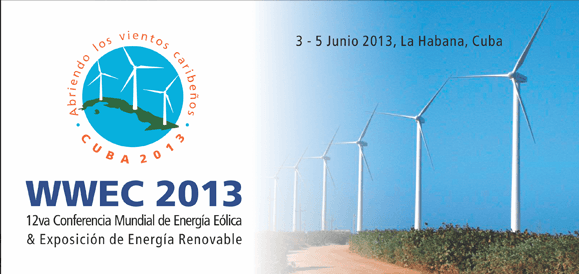Upswing for renewable energies in Cuba
Abstract
This paper applies a knowledge-based approach to study the role of circular economy (CE) for sustainable development. An analysis of publications from practice-oriented CE advocates is deployed to study the types of knowledge actors foster when they pursue the transition towards a CE. With the proposed term 'circular literacy' (CL), an analytical framework is provided to differentiate between different types of knowledge relevant for a transition towards the CE: system, target, and transformation knowledge. The main emphasis is on identifying knowledge-related prerequisites that prevent or stimulate the transformative potential of CE thinking and practices for sustainable development. The analysis reveals how the CL in the sample is confined by a narrow economic vision of the CE, lacking a reflection of political and sociocultural aspects that are needed to be addressed in future research to gain a robust concept of a CE-driven systemic transition towards sustainability.
